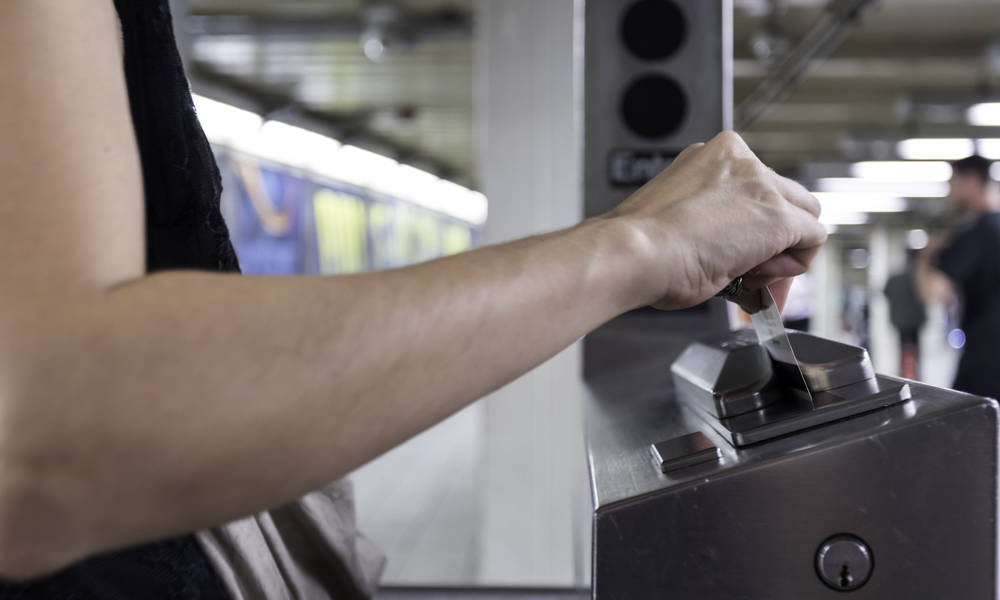
UBIT Coalition Pushing for Delay on Fringe Benefits Provision
A provision in the tax law passed last year eliminated a deduction for transportation and other fringe benefits provided by employers. The UBIT Coalition, which includes ASAE and 40 other tax-exempt groups, continues to ask the Treasury to delay its implementation.
ASAE and other members of the UBIT Coalition continue to urge the Treasury Department to retroactively delay implementation of a provision in the new tax law that taxes transportation and parking benefits provided by many employers.
The fringe benefits provision removes a deduction for employer-provided benefits, such as transportation, parking, and on-premises athletic facilities. In meetings with Treasury officials earlier this year, ASAE stressed that the new law disproportionately hurts tax-exempt employers by requiring them to pay a new unrelated business income tax (UBIT) on the value of these benefits. ASAE contends this is a new tax on an expenditure, not a revenue-generating activity.
The lack of guidance for tax-exempt entities in this area has also created a lot of confusion and conflicting opinions about how nonprofits should go about calculating their tax liability to comply with the requirement. Many organizations are already making estimated payments to the IRS on this expense—absent any guidance—which further supports ASAE’s request for a delay in implementing this requirement.
“Absent any guidance, tax-exempt organizations cannot confidently and accurately comply with the 21 percent UBIT tax on transportation fringe benefits or the provision that requires separate computation of UBIT for each unrelated business activity,” said ASAE President and CEO John Graham IV, FASAE, CAE. “That’s why the coalition feels strongly that there needs to be a delay. How long the delay should be depends on when we can realistically expect to see guidance.”
ASAE also pointed out that some cities, including Washington, DC, New York, and San Francisco, have mandated that employers provide pre-tax mass transit benefits, so employers in those cities do not have the option of changing those benefits to avoid being taxed. ASAE has suggested that special consideration be given for employers in localities that mandate transportation benefits.
The UBIT Coalition, which includes more than 40 tax-exempt organizations, has recently been reaching out to lawmakers on Capitol Hill to assist in communicating the need for a delay to Treasury.
“The only thing that is clear about the new taxes on tax-exempt organizations is that no one understands them—not nonprofits, houses of worship, accountants, lawyers, or tax advisors,” said David L. Thompson, vice president of public policy at the National Council of Nonprofits, which is a member of the UBIT Coalition. “Along with scores of organizations from all over the country, we’ve submitted dozens of questions on which Treasury and the IRS must provide clarity before anyone has a chance of complying with the law that went into effect last January and for which many nonprofits have already missed two tax payments. It is just common sense to put these taxes on hold until Final Rules are issued, and that nonprofits be given adequate time to implement the changes, buy the software, and train staff.”
Last month, Rep. Michael Conaway (R-TX) introduced the Nonprofits Support Act (H.R. 6037) to repeal the fringe benefits provision, as well as a requirement that nonprofits calculate UBIT separately for each unrelated trade or business.
However, a Politico story last week suggested that any guidance from Treasury on these provisions is probably not forthcoming any time soon. The article quotes a senior administration official as saying that the Office of Management and Budget has yet to see priority guidance on numerous elements of the tax law.
(Onfokus/iStock/Getty Images Plus)





Comments